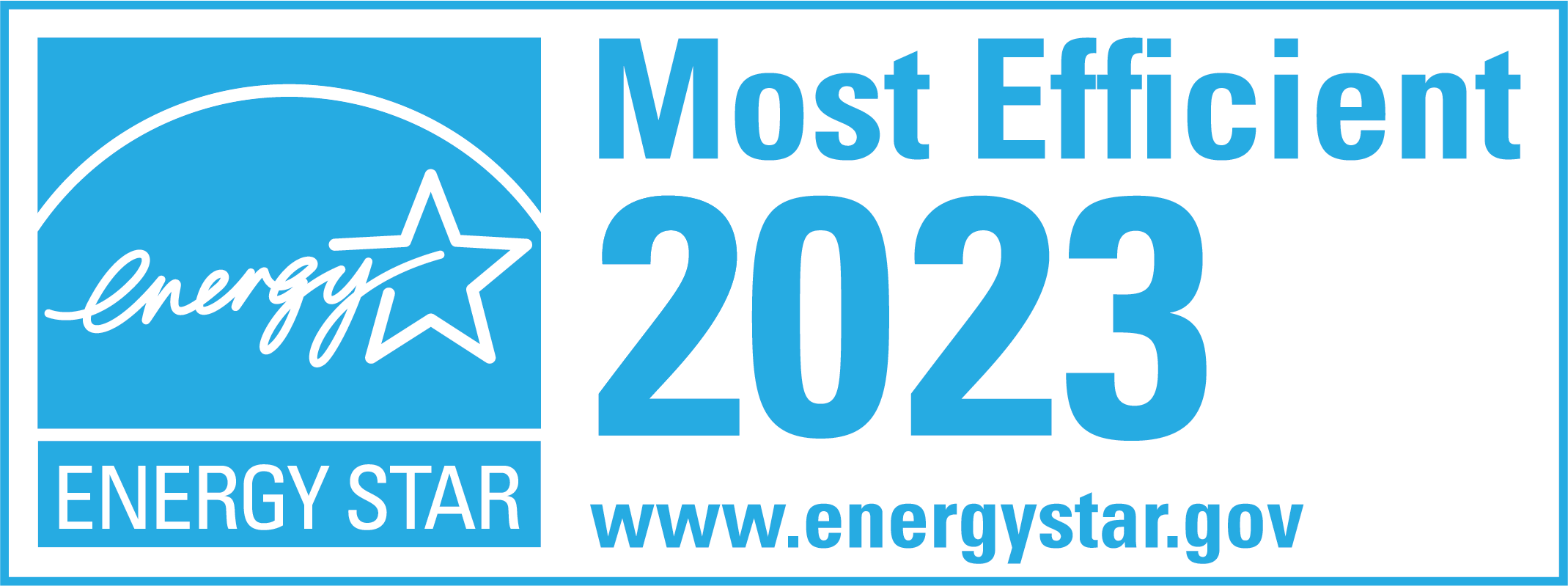Fiberglass Window Problems
Fiberglass windows have become increasingly popular in recent years due to their numerous benefits, such as durability and energy efficiency. Despite these advantages, however, some problems can arise with these windows. In this article, we will look at the issues associated with fiberglass windows, including their construction, performance, and environmental impact.
Understanding fiberglass windows
What are fiberglass windows?
Fiberglass windows are popular among homeowners due to their strength and durability. They are made from a composite material comprising glass fibers and resin. Unlike traditional wood or vinyl windows, this makes them resistant to impact, weather, and temperature changes.
Fiberglass windows are a relatively new addition to the market, but they have quickly become popular due to their many benefits. They are not only strong and durable, but they are also energy-efficient and low-maintenance.
How are fiberglass windows made?
The manufacturing process of fiberglass windows involves using pultrusion, a method of pulling and stretching fibers through a bath of resin before curing them in a heated die. This creates a highly durable material resistant to warping, cracking, and fading.
During the pultrusion process, the glass fibers are coated with a resin layer and then pulled through a heated die, which shapes the material into the desired shape. The curing process ensures the material hardens and becomes strong enough to withstand a wide range of damage.
Benefits of fiberglass windows
One of the main benefits of fiberglass windows is their strength and durability. They are resistant to a wide range of damage, including moisture, pests, and impact damage, making them ideal for homes in harsh weather conditions. Additionally, fiberglass windows are low-maintenance, as they do not need painting, staining, or sealing.
Fiberglass windows are also energy-efficient, as they provide excellent insulation and help to reduce energy costs. They are available in various styles and colors, making them a versatile choice for homeowners who want to enhance the aesthetic appeal of their homes.
Another benefit of fiberglass windows is their environmental friendliness. They are made from recycled materials and are fully recyclable, making them a sustainable choice for homeowners who want to reduce their carbon footprint.
Fiberglass windows are an excellent choice for homeowners who want a strong, durable, low-maintenance, energy-efficient, and environmentally friendly window option.
Common issues with fiberglass windows
Fiberglass windows are popular among homeowners due to their strength, durability, and energy efficiency. However, they can experience issues over time like any other window material. This article will explore some common issues homeowners may encounter when using fiberglass windows.
Durability concerns
While fiberglass windows are very strong and durable, they are not indestructible. They can crack or shatter like any other window material if exposed to a significant impact or force. However, the likelihood of this happening is very low due to their inherent strength and resistance to damage.
It is important to note that the durability of fiberglass windows can vary depending on the quality of the material used. Some manufacturers may use lower-quality fiberglass that is more prone to damage, so it is important to choose a reputable manufacturer when purchasing fiberglass windows.
Warping and bowing
Fiberglass windows can also experience warping and bowing if not properly installed. This can occur if the window frame is not properly secured to the wall, causing it to shift and bend over time. However, This issue is rare and can be easily prevented by hiring a professional window installer experienced in working with fiberglass.
In addition to proper installation, regular maintenance can also help prevent warping and bowing. Homeowners should inspect their windows regularly for any signs of damage or movement and address any issues promptly.
Fading and discoloration
Like any other window material, fiberglass windows can fade and discolor over time when exposed to sunlight. However, this can be minimized by selecting a high-quality fiberglass material that is highly resistant to fading and discoloration.
In addition to selecting a high-quality material, homeowners can also take steps to minimize sun exposure to their windows. This includes using window coverings or installing window film to block UV rays.
Difficulty in repairs
If fiberglass windows become damaged, they can be more difficult to repair than other materials. This is because the fiberglass material is difficult to patch and requires professional expertise to repair. Additionally, some window manufacturers may not offer repair services for fiberglass windows, which can make it more challenging to fix them if they become damaged.
However, it is important to note that fiberglass windows are generally very low maintenance and require minimal repairs over their lifespan. With proper installation and regular maintenance, homeowners can enjoy the benefits of fiberglass windows for many years.
Comparing fiberglass windows to other materials
Windows are essential to any home, providing natural light, ventilation, and insulation. When choosing the right windows for your home, there are many factors to consider, including the material of the window frame. This article will compare fiberglass windows to other popular window materials and explore their pros and cons.
Fiberglass vs. vinyl windows
Fiberglass and vinyl windows are popular window materials, but they have some key differences. Fiberglass is typically more expensive than vinyl but is stronger and more durable. Fiberglass windows are made of a composite material resistant to warping, cracking, and rotting. This makes them an excellent choice for homes in areas with extreme weather conditions. On the other hand, vinyl is a low-maintenance material that is easy to clean and maintain, but it can be prone to cracking and warping if exposed to extreme heat or cold. Vinyl windows are a good choice for homeowners who want an affordable and low-maintenance option.
Fiberglass vs. wood windows
Fiberglass windows are also commonly compared to wood windows, known for their traditional beauty and elegance. Wood windows can last many years if properly cared for, but they are also susceptible to rot and decay. Additionally, they require more maintenance, such as regular painting and staining, than fiberglass windows do. Fiberglass windows, on the other hand, are virtually maintenance-free and can last for decades without needing to be replaced. They are also resistant to moisture, insects, and UV rays, making them an excellent choice for homeowners who want a durable, long-lasting window option.
Fiberglass vs. aluminum windows
Aluminum windows are another popular material but are not as strong or durable as fiberglass ones. Aluminum windows are known for their sleek and modern look but can be prone to denting and scratching. Additionally, they are not as energy-efficient as fiberglass windows. Fiberglass windows, on the other hand, are highly energy-efficient and can help reduce your energy bills by keeping your home cool in the summer and warm in the winter. They are also available in various colors and styles, making them a versatile option for any home.
In conclusion, fiberglass windows are an excellent choice for homeowners who want a durable, low-maintenance, and energy-efficient window option. While they may be more expensive than some other materials, they offer a range of benefits that make them a worthwhile investment in the long run.
Environmental impact of fiberglass windows
Energy efficiency
Fiberglass windows are known for their excellent energy efficiency. They are highly insulated and can help to reduce heating and cooling costs by controlling the transfer of heat and cold between the inside and outside of the home. This makes them a great choice for homeowners looking to reduce their energy consumption and lower their carbon footprint.
Manufacturing process
The manufacturing process of fiberglass windows can significantly impact the environment. However, many manufacturers are reducing their environmental impact by using more sustainable materials, reducing waste, and minimizing their energy consumption and emissions.
End-of-life disposal
Fiberglass windows can be recycled when they end their useful life. However, the process of recycling fiberglass can be more difficult and expensive than other materials, which can make it less common. Additionally, some window manufacturers offer take-back programs, which can help to ensure that old fiberglass windows are properly disposed of and recycled.
In closing
While fiberglass windows offer many benefits, including strength, durability, and energy efficiency, they are not without problems. However, by understanding the issues associated with fiberglass windows and taking steps to minimize them, homeowners can enjoy the many benefits of this versatile and reliable window material.






